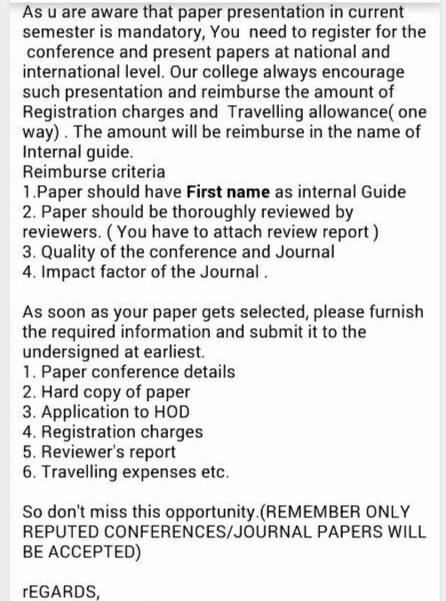Oxfam Blogs has an extremely interesting article that compares the rise of Somaliland vs. the fall of its neighbor Somalia, and points out how this completely upends conventional wisdom regarding foreign aid and other aspects of building a country.
Here are some excerpts:
The peace process was almost entirely locally funded, due to Somaliland’s unrecognized status (so no bilateral aid or loans were available). That produced a strong sense of local ownership (literally). In the words of one minister, when asked by Phillips about aid ‘Aid is not what we desire because [then] they decide for us what we need’.
And, in some aspects of country-building, there was no pretense at “democracy” or fairness, ideas that would have been imposed by outside in case of foreign aid. For example, consider this:
The second president used private loans to demobilise about 5,000 militia fighters. He offered stability (and tax breaks) to the business elite in exchange for funding demobilisation and the nascent state institutions. This was effective but certainly not inclusive – the elite came mainly from the President’s own clan. But according to Phillips, Somalilanders generally still see it as a legitimate process – that’s what leaders do.
And the most revealing aspect, for me, was the approach to education. Elite education available to only a few was found to be more important than universal elementary education:
The paper highlights the critical political importance of elite secondary schools in forging leadership. Available to a relatively small group of often privileged Somalilanders, this is in stark contrast to the donor emphasis on universal primary education. In particular, many of Phillips’ interviews led to the Sheekh Secondary School, set up by Richard Darlington, who fought in WWII as the commander of the Somaliland Protectorate contingent. Sheekh took only 50 kids a year and trained them in leadership, critical thought and standard (Darlington borrowed from the curriculum of his old school, Harrow). Sheekh provided 3 out of 4 presidents, plus any number of vice presidents, cabinet members etc. And no it isn’t a weird Somaliland version of Eton and Harrow (I asked) – it stressed student intake from all clans, especially from the more marginalized ones.
Read the full article – it’s quite short, and must read if this is an area of interest for you.
Source: @makarand_s
